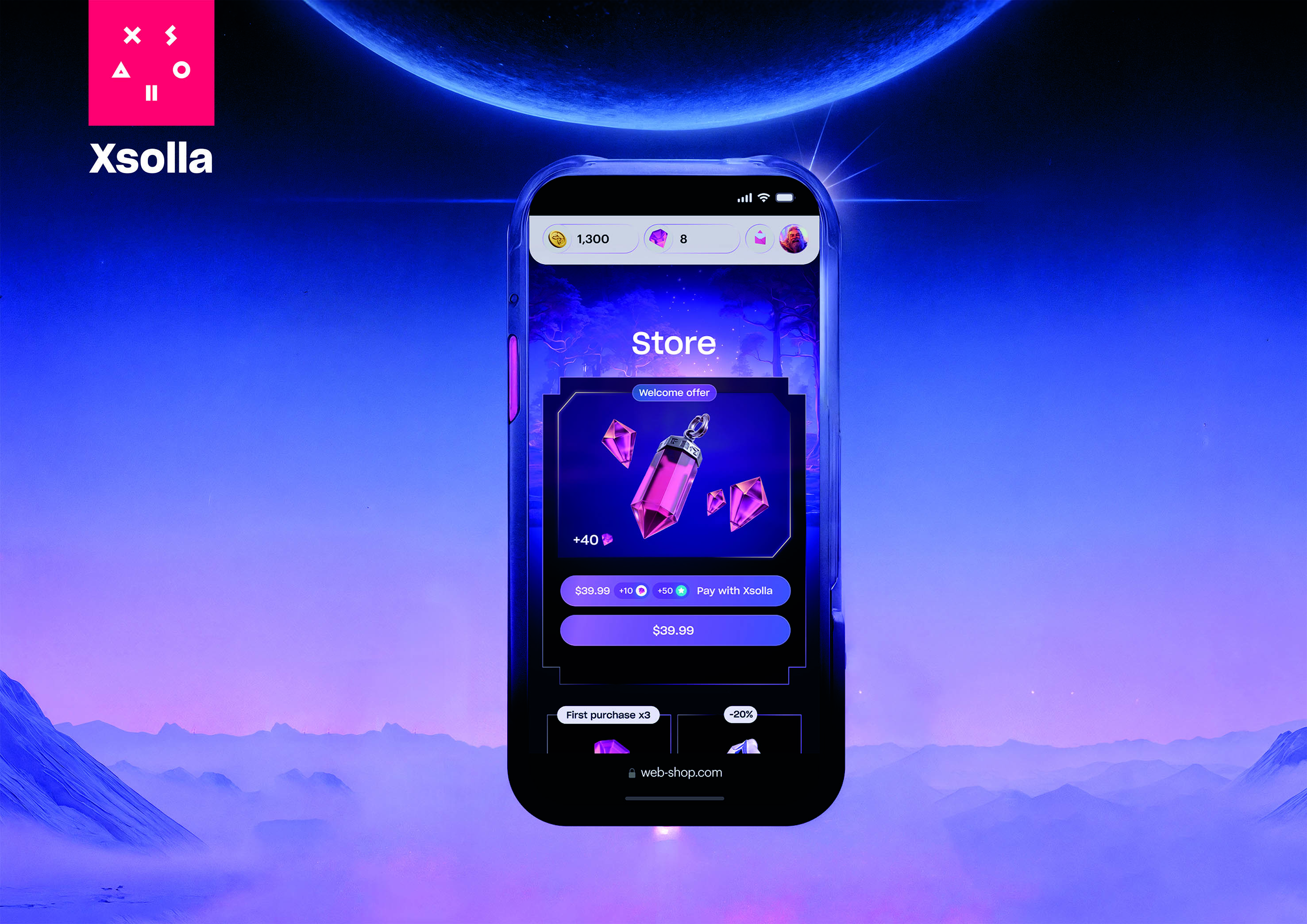2025: A Turning Point for Mobile Gaming



As part of gamescomDaily, top managers from Xsolla analyzed the market in a series of advertorial articles. gamescomDaily2 focused on the mobile gaming market in general.
If you‘ve ever found yourself surprised by how much you spent in a mobile game, you‘re not alone. Mobile gaming has long been a space for creative innovation, entertainment, and at times, purchasing systems that can be difficult to interpret. But 2025 is shaping up to be a turning point — bringing increased clarity and stronger consumer safeguards.
Around the world, regulators are responding to the evolving nature of digital entertainment with a clear focus: promoting fairness, transparency, and user protection in mobile gaming experiences.
Europe Leads with Strong Consumer Protections
Leading this shift is the European Union, which has updated its Consumer Protection Cooperation (CPC) Network guidelines. These updates are more than minor revisions — they aim to improve clarity and user understanding, particularly for children and families engaging with mobile games.
A central change includes requiring upfront, easily understandable pricing. This is designed to move away from systems involving virtual currencies that can obscure the actual cost of purchases. Additionally, refund processes are being streamlined, making it easier for players to recover funds when issues arise.
The EU is also taking steps to address certain game design practices — such as limited-time offers or emotionally charged prompts — that can influence player decisions. These practices, often referred to as “dark patterns”, are being targeted particularly when they may impact children or vulnerable users. The goal is to ensure that gameplay and spending choices are based on clear, informed user decisions.
The UK Gets Serious
The UK is sending a strong message of its own, too. Under the Digital Markets, Competition and Consumers (DMCCA) Act, authorities now have the power to fine companies up to 10% of their global revenue for breaches of consumer law. This introduces significant accountability for how digital products are marketed and monetized.

This action comes at a time of continued growth in digital spending — global consumer expenditure on apps rose 13% last year to reach $150 billion. Ensuring that users have access to understandable information and robust protections is increasingly important. The UK‘s approach signals a broader move toward reinforcing trust in the mobile ecosystem.
Why This is Good for The Video Games Industry
While some may view regulatory efforts as a constraint, they can also be seen as an opportunity. Many of the most successful mobile games today prioritize intuitive design, fair value, and long-term player engagement. These titles succeed without relying on overly complex or urgent purchasing mechanics.
Europe continues to be a major hub for mobile gaming, with 16.9 billion downloads recorded in 2024 — more than any other region. Forecasts suggest user numbers could reach 235.5 million by 2029, according to the Q2 2025 edition of The Xsolla Report: The State of Play. For developers, this presents a compelling incentive to invest in player-first experiences that foster trust and loyalty.
A Healthier Digital Ecosystem
Mobile games are now a central part of global entertainment. With such reach comes a degree of responsibility — especially when it comes to younger users and those new to digital marketplaces. In 2025, that responsibility is increasingly being recognized.

Rather than stalling progress, these regulatory trends may help encourage more sustainable, thoughtful development practices. A focus on clear communication and user autonomy can strengthen long-term success for studios and platforms alike.
What The Future Has in Store
Mobile gaming continues to offer immersive worlds, quick escapes, and shared moments with friends. That core experience isn‘t changing — but it‘s now being shaped alongside new frameworks that prioritize player wellbeing. With updated rules aimed at transparency and fairness, 2025 may be remembered as the year the industry entered a new phase — where excitement and accountability go hand in hand. For developers, players, and families alike, that‘s a development worth watching.
Disclaimer: This content is for general informational purposes only and does not constitute legal advice. Independent legal assessment should be obtained to determine how applicable laws may apply in specific circumstances.
By Chris Hewish, President at Xsolla